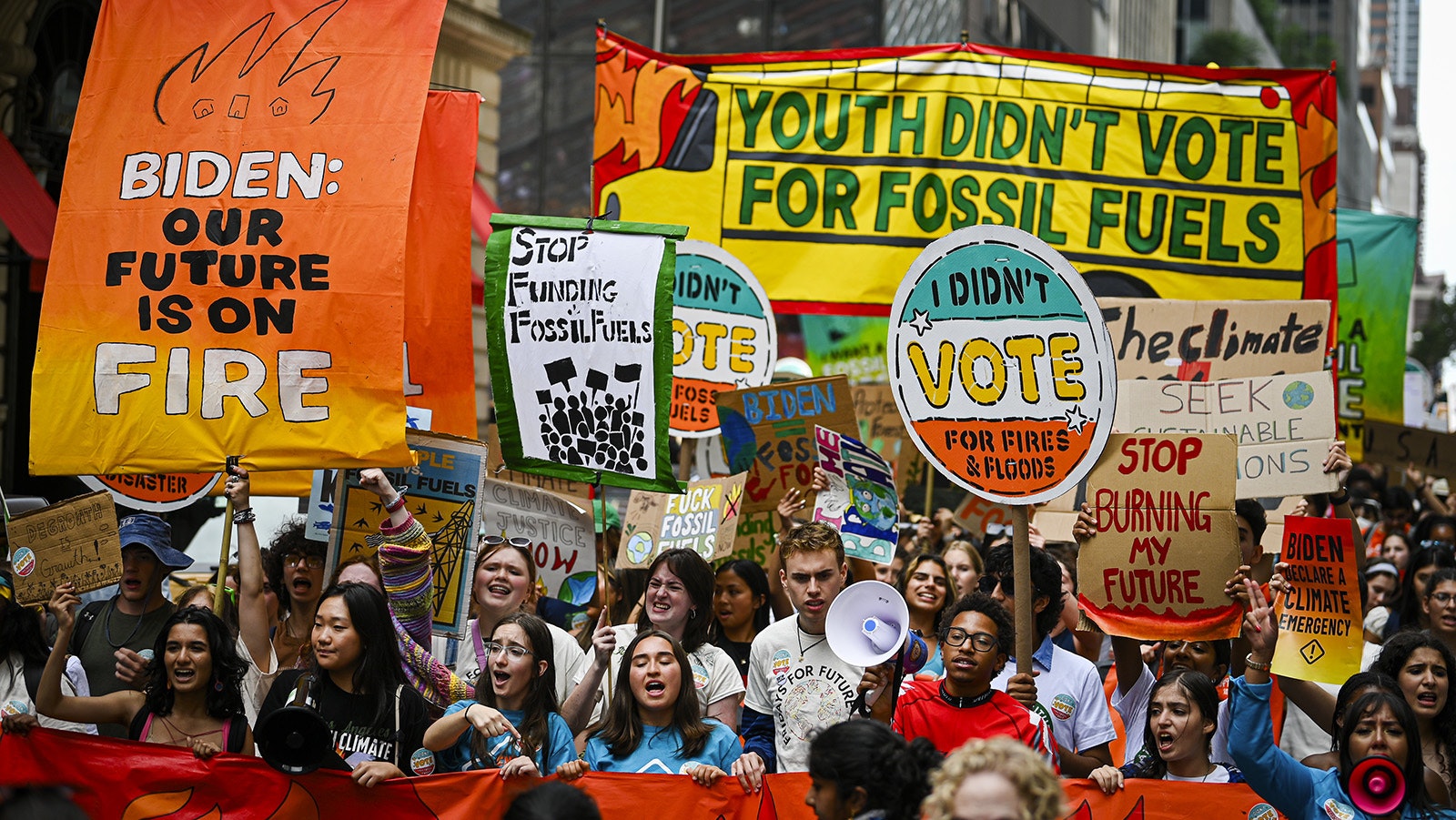Rocky Mountain Power is requesting two rate increases that combined will result, if approved, in an approximately 30% increase to Wyoming households, businesses and industries. The utility blames the rising cost of coal and natural gas as the primary driver.
Rocky Mountain Power incurred higher costs by buying natural gas on spot markets to satisfy demand, especially during inclement weather like Wyoming experienced last winter. Powder River Basin coal prices have been largely flat for decades, but they are up slightly over pre-pandemic levels as the industry faces the forced retirement of coal-fired power plants.
Some renewable energy proponents have latched onto higher fuel costs as further evidence we need to get rid of oil, gas and coal.
This is what I call the “bicycle meme” case against fossil fuels. The popular meme shows a man riding a bicycle. He pushes a stick through his spokes and causes his own accident, which he then blames on the thing he hates.

Proponents of wind and solar promised that renewables would not only easily replace fossil fuels, they’d be so cheap that Americans would see their energy costs decrease.
They didn’t actually have any large-scale examples to demonstrate this was true. They just insisted that if we didn’t eliminate fossil fuels as quickly as possible, the human race would be annihilated by climate change in 2020. They later updated the deadline to 2030, and they’ll soon update their prophecy to 2040.
With a lot of fearmongering and promises, they went about attacking the fossil fuel industry on multiple fronts, promising us that we’d never miss oil, gas and coal once they were gone thanks to renewables.
The environment, social and governance (ESG) movement attacked investments in fossil fuels. Between the fourth quarter of 2019 and the first quarter of 2023, gross loans to the oil and gas industry dropped 54%.
President Joe Biden campaigned on a promise to completely eradicate the industry, and since taking office, he has pursued every action he could to make good on that promise.
Meanwhile, climate activists vigorously fight every pipeline, power plant and refinery from the moment the permitting processes begin.
Nonprofits file lawsuits over the most trivial objections to delay, and in some cases terminate, projects. And they launch billion-dollar climate lawsuits against oil companies based on the argument that bad weather wouldn’t have happened if Big Oil wasn’t producing the energy people eagerly buy.
Oil and gas companies have managed to bring production back to pre-pandemic levels, but for supply to positively impact prices, it has to meet demand. Energy demand is increasing in the U.S. and the world, and the supply can’t keep pace. And it’s more expensive to produce the supply we have.
So, anti-fossil fuel activists cause the oil and gas bicycle to crash and then declare that fossil fuels aren’t working. Then they say we need more wind and solar. In other words, we need to do more of what we’ve been doing for a lot more money, and somehow that will produce the exact opposite result.
We don’t need to speculate on how this plays out over the long-term because Germany provides us a glimpse into America’s future. The country pursued an aggressive wind and solar course to the point about half its electricity supply today comes from renewables.
Once the most powerful economy in Europe, Germany’s economy is now stagnating. Its energy costs have skyrocketed. The nation’s heavy industries are shutting down. Bloomberg Energy is reporting this week that Germany will bring several mothballed coal plants back online because it’s not sure it will have enough power to keep the lights on this winter.
As it turns out, you can’t just turn up your wind and solar farms. You can build more of them, but zero multiplied by any number is still zero. If there’s no wind or sun, there’s no energy — unless you have fossil fuels.
Rocky Mountain Power isn’t being deceptive when it says fuel costs are a primary driver of its need to increase rates. The company is just responding to the problem anti-fossil fuel crusaders have created.
And as long our energy policies bend to the activists’ will, we will all pay the price.




